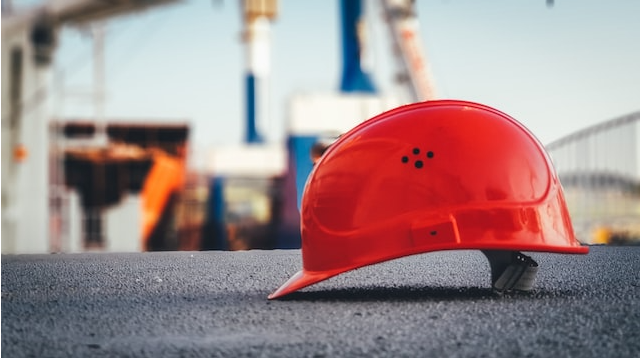Although demand for mobile electrification is gathering pace, the hydraulics industry has, so far, largely resisted change. However, a need for clean renewable energy sources and continued evolutions in electric technology has pushed the issue to the top of the agenda, with Doosan Bobcat showcasing its all-electric Bobcat T7X compact track loader at the CES 2022 in Las Vegas.
The Bobcat T7X is the first mobile vehicle of its kind. Fully electric and devoid of a hydraulics system, the T7X is hailed by its creators as ‘the forefront of innovation… [which will] help customers maximise both sustainability and productivity’.
Does the Bobcat T7X represent the immediate future or are hydraulic systems still relevant in new construction plant?
Sustainability
The Bobcat T7X hints at a more sustainable future, particularly if its electricity is sourced from renewables instead of coal-fired power plants. By producing zero emissions, it will meet the bill for cleaner and quieter operation than a diesel-powered equivalent, which is likely to be welcomed in urban areas where fumes and noise are a bugbear for residents and businesses.
Efficiency
With the conventional hydraulic system totally replaced by an electrical drive system, which comprises electric ball-screw actuators and electric drive motors, efficiency is likely to be higher. With fewer complex components, service and maintenance costs are lower, particularly with simpler condition monitoring that will alert staff to emerging problems.
Productivity
Whether mobile electrification will deliver comparable levels of productivity as existing hydraulics systems is yet to be determined. The Bobcat T7X is powered by a 62kW lithium-ion battery which, its makers claim, offers greater power than a diesel-powered track loader. But due to the low energy density of the battery – the energy content of a single gallon of diesel is approximately 38kW – the continual operating time of the T7X would only be around four hours which, in productivity terms, is significantly lower than a hydraulics system could achieve.
Cost
Lithium-ion batteries on the scale of the one the T7X requires are comparably expensive, while major electrical components – inverters and motors – are also far from cheap. Construction of an all-electric machine could cost up to three times that of a diesel-powered version. With manufacturing businesses unable to achieve the production volumes required to suppress prices – the electric vehicle market being a prime example – it’s unlikely in the short-term that hydraulics systems will be replaced en masse.
Compliance
The fluid used in hydraulics systems behaves like an elastic spring, so oscillations can be dampened, improving user safety. This makes challenging work, such as digging into rocky ground, much safer and more comfortable for operatives. Electrical components cannot match these benefits. Ball screws become contaminated easily and wear out, particularly when run at low speeds, while energy cannot be recovered as they are not back-drivable.
The Conclusion?
Despite advances in mobile electrification, hydraulics systems offer superior reliability, cost-efficiency, and productivity. For all-electric systems to become more popular, significant improvements in battery capacity and life will have to be devised. For now, hydraulics will continue to play a vital role in new construction plant.
Contact Us For More Information
At Hydrastar, we offer reliable hydraulic design services and catalogue components for customers across the UK. For more information, please get in touch on 01353 721704.


